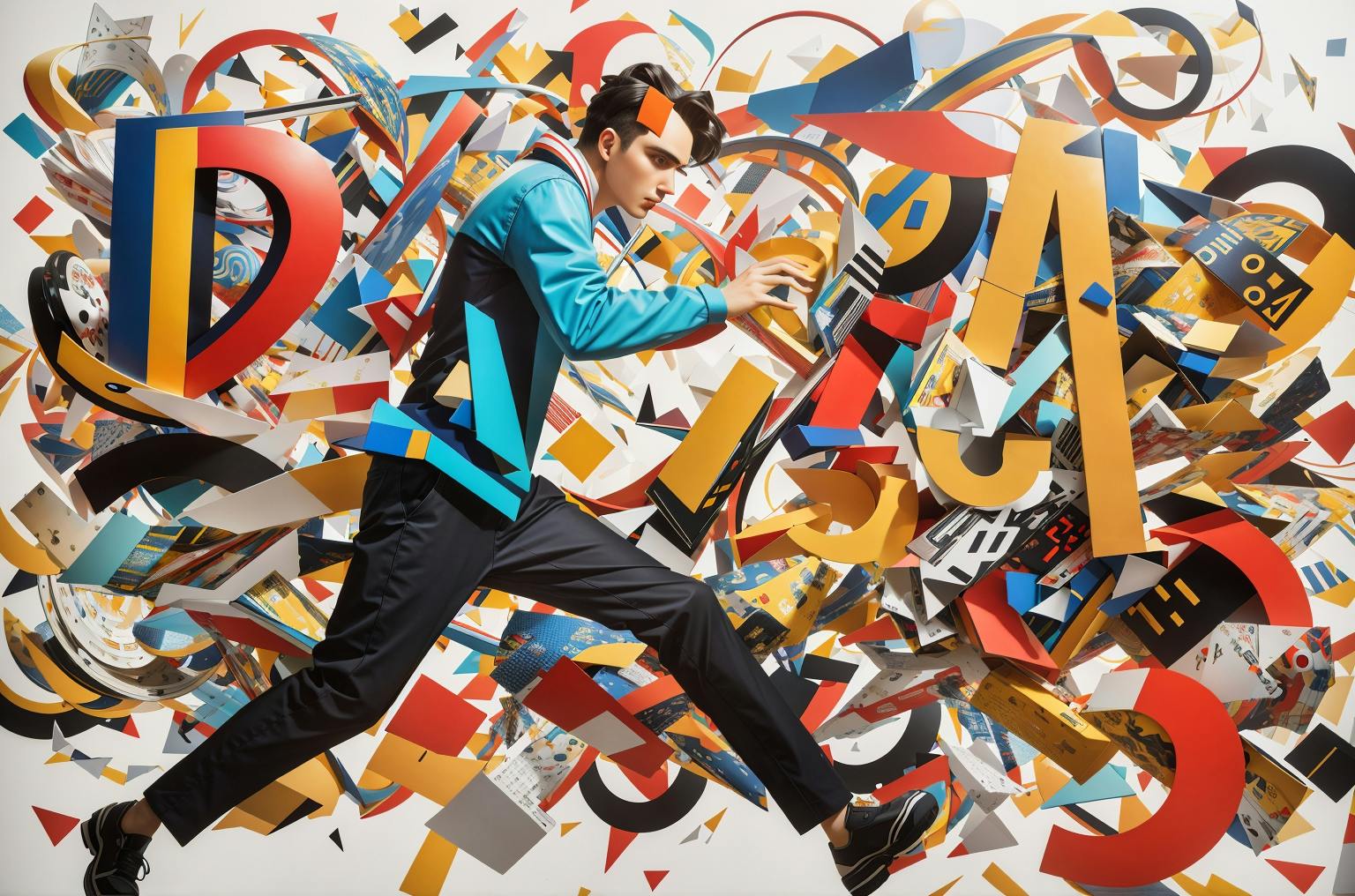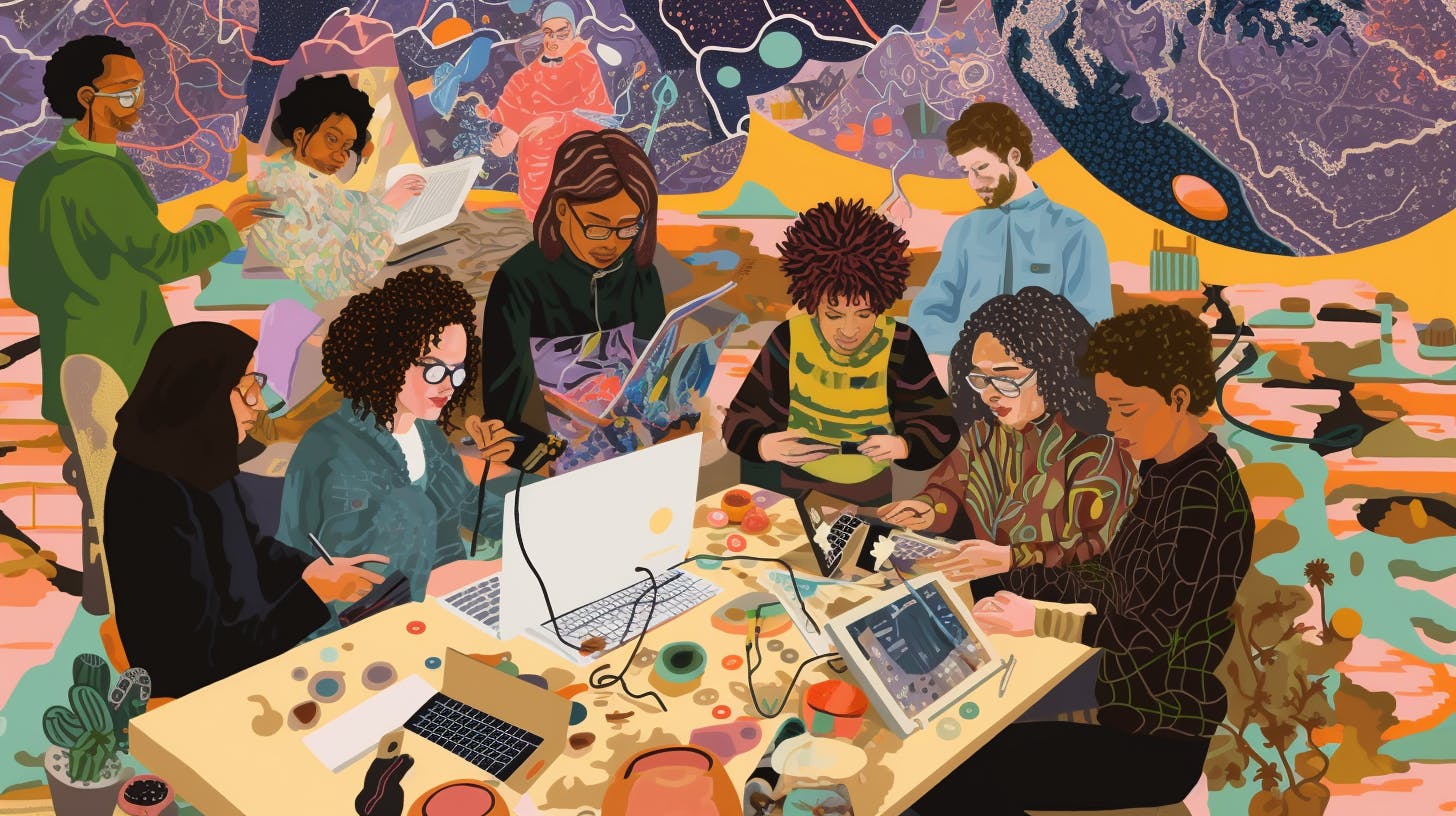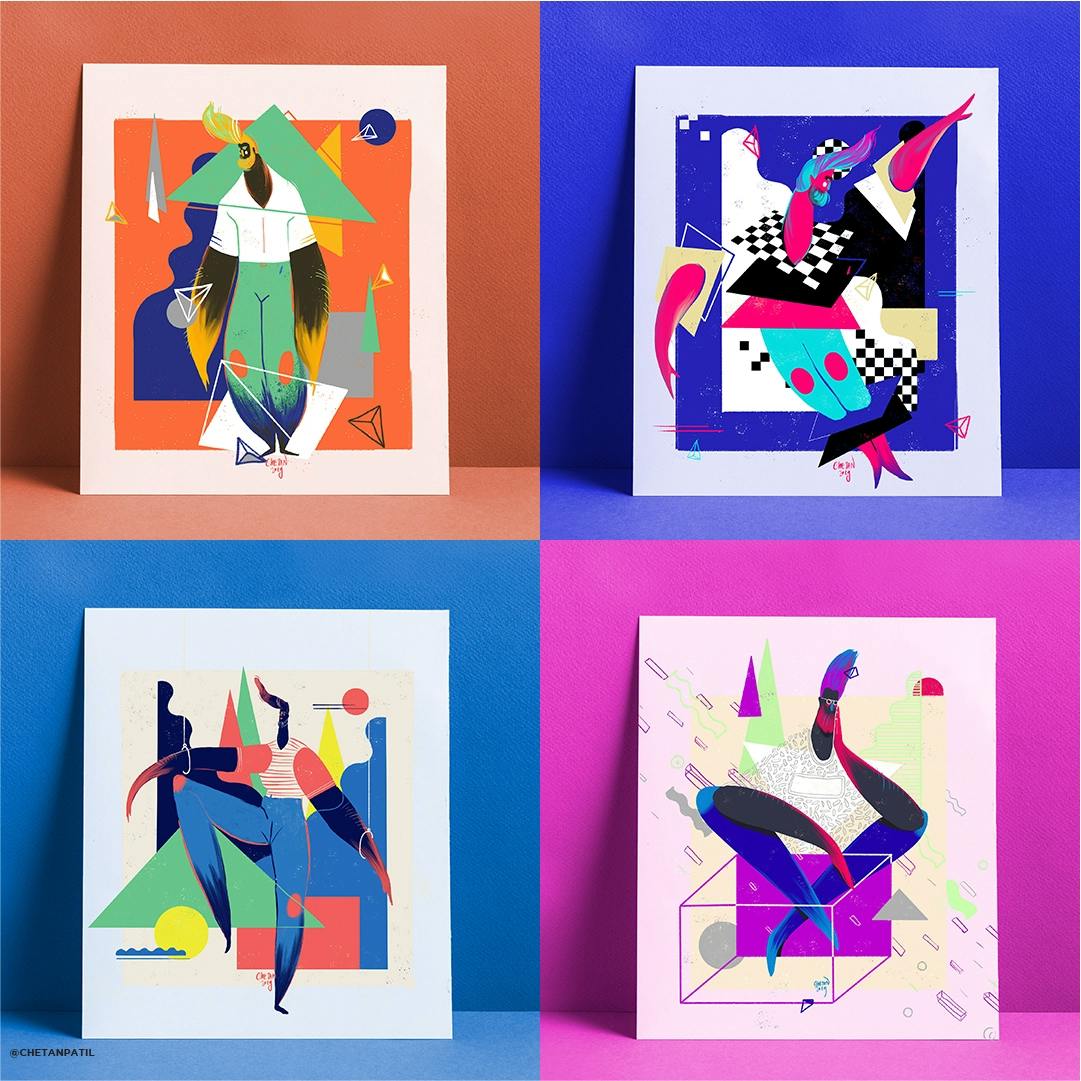The world of artificial intelligence (AI) chatbots is rapidly evolving, with new technologies and advancements continually being introduced. This has led to stiff competition among chatbot providers, each vying for dominance in the market. Among these, ChatGPT has emerged as a noteworthy player. But how does ChatGPT compare to its competitors like Claude, Perplexity, You.com, and Gemini? Let's dive into the world of chatbots and explore the abilities, features, and competitive edge of ChatGPT.
What is ChatGPT?
ChatGPT, developed by OpenAI, leverages advanced Natural Language Processing (NLP) and Conversational AI to engage in human-like interactions. Utilizing powerful machine learning algorithms, ChatGPT continues to learn and adapt over time, becoming more proficient at understanding and generating natural language responses. This continuous learning sets ChatGPT apart from chatbots with a preset list of responses, which often result in stilted and less engaging conversations.
Key Features of ChatGPT
Multi-Turn Conversations
One standout feature of ChatGPT is its ability to handle multi-turn conversations. It remembers information from previous interactions, allowing it to maintain context in a way that’s fluid and human-like. This continuity elevates the user experience, making interactions feel natural and seamless. In contrast, many competitors struggle to keep up with multi-turn dialogue, which can disrupt conversation flow and user satisfaction.
Multilingual Capabilities
In today's global market, the ability to communicate in multiple languages is a significant advantage. ChatGPT excels here by understanding and responding in various languages and dialects. It can even learn new languages over time, making it adaptable and scalable for businesses of all sizes. This feature makes ChatGPT incredibly versatile and invaluable for international customer service operations.

Artwork generated with prompt workflow by Dré Labre
High Accuracy and Reliability
One of the perennial concerns with AI chatbots is their accuracy and reliability in delivering responses. ChatGPT's advanced language model ensures highly accurate and contextually appropriate responses. Recent tests and research have demonstrated that ChatGPT outperforms many of its competitors in terms of accuracy and reliability. According to a study published by Stanford University, ChatGPT achieved a 92% accuracy rate in customer service interactions, far surpassing the 85% average of its competitors (Stanford AI Lab, 2022).
Comparing ChatGPT with Its Competitors
If you’re on the lookout for a ChatGPT competitor, here are the top features to consider:
- AI Capabilities: Ensure the platform offers advanced natural language understanding and generation capabilities to provide high-quality, relevant responses.
- Ease of Use: A user-friendly interface is essential for efficient interaction and reduced learning curve.
- Customization Options: Look for platforms that offer customization to suit your specific needs, whether for professional or personal use.
- Integrations: The ability to integrate with other tools and platforms can greatly enhance the utility of the chatbot.
Claude
Claude, developed by Anthropic, is another noteworthy AI chatbot. While Claude also uses advanced NLP and machine learning, it has certain limitations when compared to ChatGPT. Claude excels in ethical AI and limiting data biases, but it can lack the same level of conversational fluidity that ChatGPT offers.
Pros:
- Strong ethical framework
- Limited data biases
Cons:
- Less conversational fluidity compared to ChatGPT
- Limited multilingual capabilities
Perplexity
Perplexity AI offers quick, simple responses and is particularly strong in narrow domains. However, its scope is somewhat restricted, and it doesn't handle multi-turn conversations as effectively as ChatGPT.
Pros:
- Quick, accurate responses in specific domains
- Lightweight and easy to deploy
Cons:
- Restrictive in broader applications
- Limited multi-turn conversational capabilities
You.com
You.com provides customizable chatbots tailored for specific business needs. However, customization can be both a strength and a weakness. The tailored experience means that generalizability and spontaneous interactions may suffer compared to ChatGPT.
Pros:
- High customization
- Business-specific integrations
Cons:
- Less generalizable
- Limited spontaneous interaction capability
Gemini
Gemini offers robust multi-language support and excels in structured environments. However, its learning curve and setup complexity can be a barrier to quick adoption compared to ChatGPT's user-friendly interface.
Pros:
- Excellent multi-language support
- Strong performance in structured tasks
Cons:
- Steeper learning curve
- Setup complexity

Artwork generated with prompt workflow by Dré Labre
Laetro AI: A Powerful Recommendation for Content Creators
When diving into the world of ChatGPT competitors, you may need something more holistic. It's essential to choose a platform that not only addresses your current requirements but also grows alongside your ambitions. Enter Laetro AI—a robust and comprehensive solution tailored for a wide range of content creation needs.
Whether you're crafting marketing materials, writing blog posts, or developing professional documents, Laetro’s suite offers unmatched versatility and user-friendliness. With its ability to effortlessly produce high-quality, engaging content, Laetro is an invaluable asset for any content creator looking to elevate their work.
Staying Up-to-Date with Industry Trends
Staying current with industry trends and continuously developing skills is crucial. According to a 2023 Gartner report, AI chatbots that keep up with evolving technology trends show a 30% higher user engagement rate compared to those that don’t (Gartner, 2023). For instance, integrating real-time data analytics and adopting the latest NLP techniques can considerably enhance a chatbot's performance.
Conclusion
Navigating the competitive landscape of AI chatbots requires a blend of cutting-edge technology, user-centric features, and continuous innovation. ChatGPT stands out with its advanced conversational capabilities, multilingual support, and high accuracy. Its closest competitors—Claude, Perplexity, You.com, and Gemini—each have their unique strengths and weaknesses. However, ChatGPT’s balance of usability, adaptability, and robust feature set make it a top choice for businesses looking to enhance their customer service operations.
In summary, ChatGPT leverages its advanced NLP and continuous learning algorithms to offer a more natural, engaging, and effective conversational experience. Whether you're a business aiming to improve customer service or a developer looking for a versatile AI partner, ChatGPT emerges as a reliable and sophisticated option in the ever-evolving world of AI chatbots.

